On June 22, President Donald Trump announced on the social network Truth Social that all US aircraft participating in the airstrike campaign against Iran had “returned home safely” and congratulated “the great American warriors”.
“No other army in the world can do this,” he stressed, a proud assertion of America's absolute military superiority.
However, his subsequent declaration that “now is the time for peace ” has raised questions among many observers. Peace cannot truly be the direct product of a large-scale military attack without a diplomatic roadmap.
It is in this internal contradiction that President Donald Trump's message can be understood as an old-fashioned deterrence tactic: forcing the opponent to choose between peace under conditions imposed by Washington, or facing the risk of being attacked more severely.
Symbolic airstrike or turning point?
The military campaign was carried out by the US using state-of-the-art attack means:
B-2 stealth aircraft dropped at least six 15-ton bunker-busting bombs;
About 30 Tomahawk cruise missiles were launched from submarines;
Three key Iranian nuclear facilities were attacked: Fordow, Natanz and Isfahan.
Militarily, this was a strategically preemptive strike, not simply a retaliation or “show of force.” The US goal appears to be to cripple or at least slow down Iran’s nuclear development.
But according to Russian Orientalist Andrey Ontikov, this action also bears many similarities to previous campaigns that were more about media impact than creating fundamental military changes. Mr. Ontikov, referring to the assassination of General Qasem Soleimani in 2020, said that the US is reusing the same model: hitting hard to make an impression, but not necessarily pushing for all-out war.
“This is a symbolic act, with great political resonance, but it is difficult to create profound changes if Iran does not react strongly,” Mr. Ontikov commented to Izvestia newspaper.
Tehran in a dilemma
With this US airstrike, Iran faces three strategic choices:
A direct military response aimed at US forces – which would give Washington a pretext to launch a large-scale war.
Accepting negotiations under US conditions means losing domestic political face and reducing regional prestige.
Continue to maintain proxy wars, targeting Israeli targets through forces such as Hezbollah, Houthi... as a way to avoid direct escalation with the US.
Early indications suggest that Tehran is leaning towards a third option – a limited, indirect response that would maintain the initiative without creating a pretext for a full-scale US intervention. This is a calculated choice, and also a face-saving one in a prolonged confrontation.
Israel with the Gaza-Iran war and the pressure on Prime Minister Benjamin Netanyahu
It is impossible to separate the US move from Israel's military campaign in the Middle East. The airstrike took place in the context of Tel Aviv continuing its tit-for-tat airstrikes with Iran, tensions in the Gaza Strip and confrontation with Hezbollah forces in southern Lebanon - forces in the "axis of resistance" led by Tehran in the region.
Israeli Prime Minister Benjamin Netanyahu is facing intense pressure from both the opposition and his own ruling coalition, analysts say. The left-wing critics say he has dragged Israel into a series of endless military campaigns, while the far-right, his key allies, say he is not decisive enough and is too soft on threats from Iran and Gaza.
“The Netanyahu government is facing a deep crisis of confidence internally, and the current campaign may be an attempt to “shift the fire outward” to maintain its position,” Ontikov commented.
The US airstrike on Iran went beyond a single military action - it was a clear sign that the Middle East was entering a new cycle of instability, where diplomacy was put behind the barrel of a gun and international mechanisms proved powerless before the rules of the game of power.
Caught between internal pressures, electoral considerations and the strategic calculations of allies like Israel, Washington may be playing a high-stakes game. The question is no longer whether Iran will respond, but rather: how will the world react if a regional conflict erupts into a global crisis, and then is there any chance of actually talking about peace?
Hung Anh (Contributor)
Source: https://baothanhhoa.vn/my-khong-kich-iran-dau-an-trump-va-ban-co-dia-chinh-tri-trung-dong-252895.htm


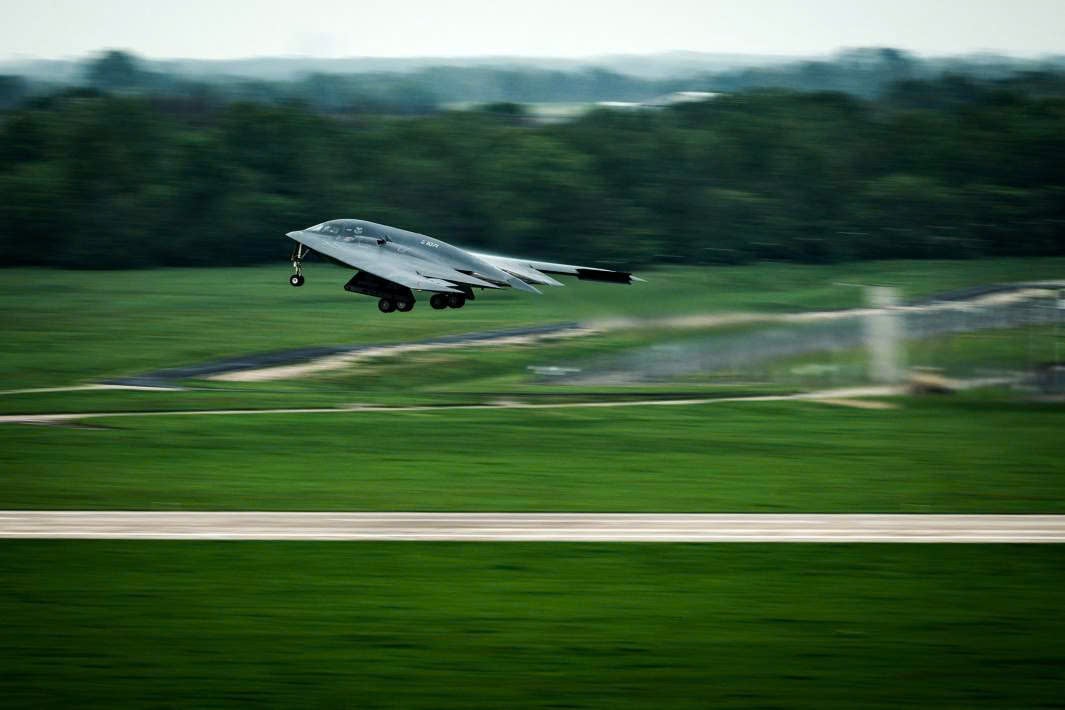
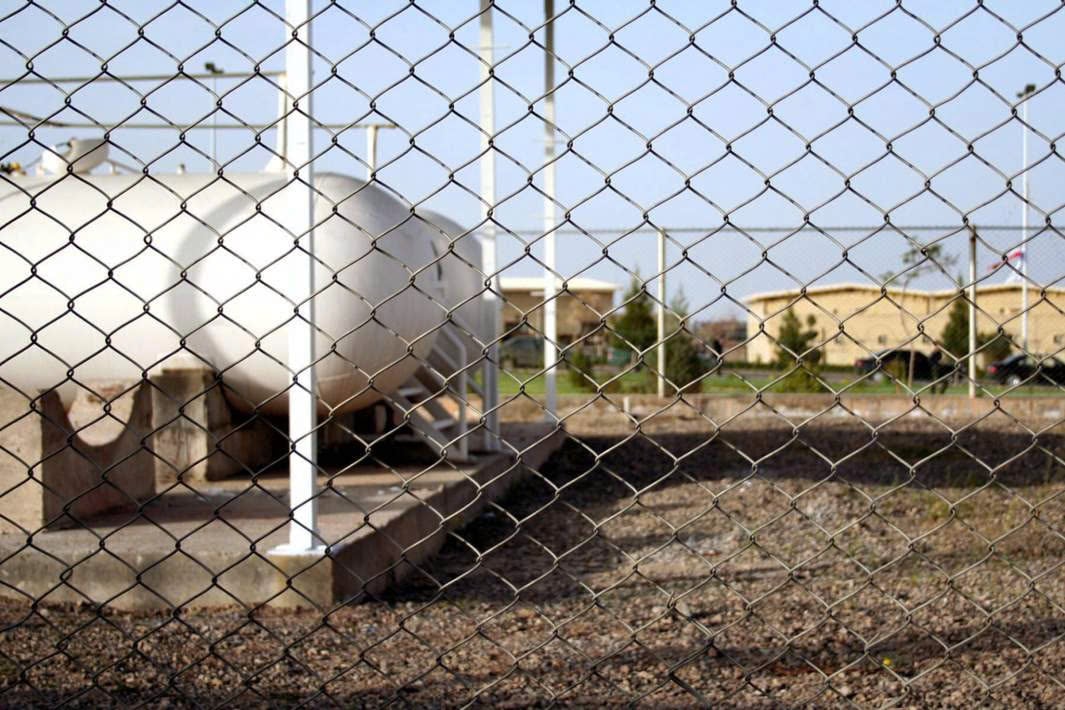






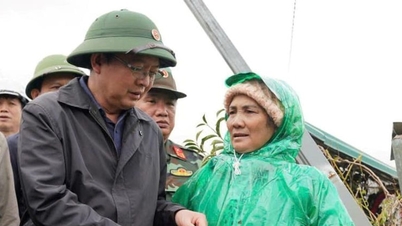

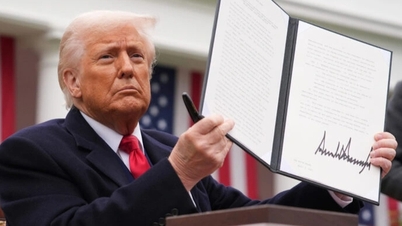

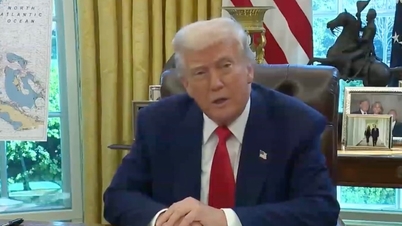






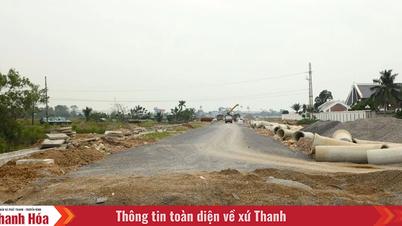

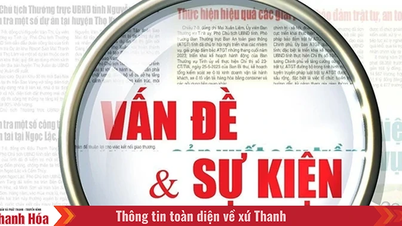















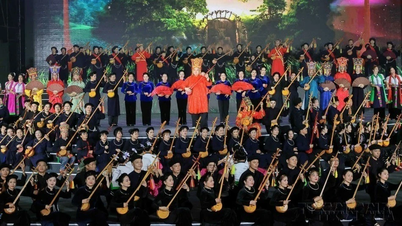




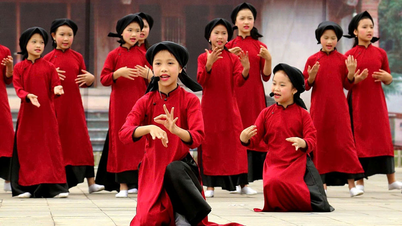



























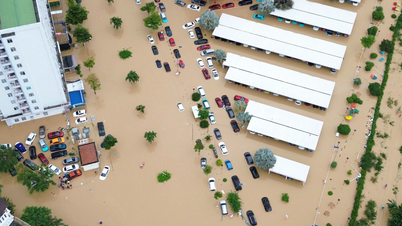
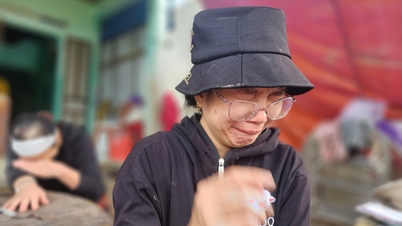


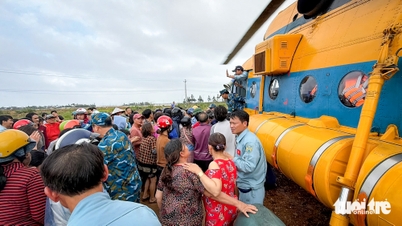










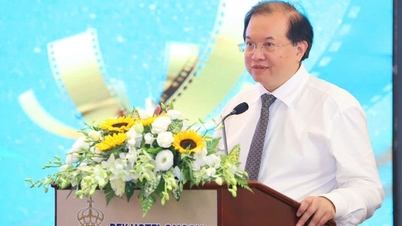



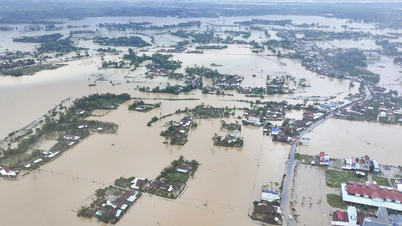

















Comment (0)